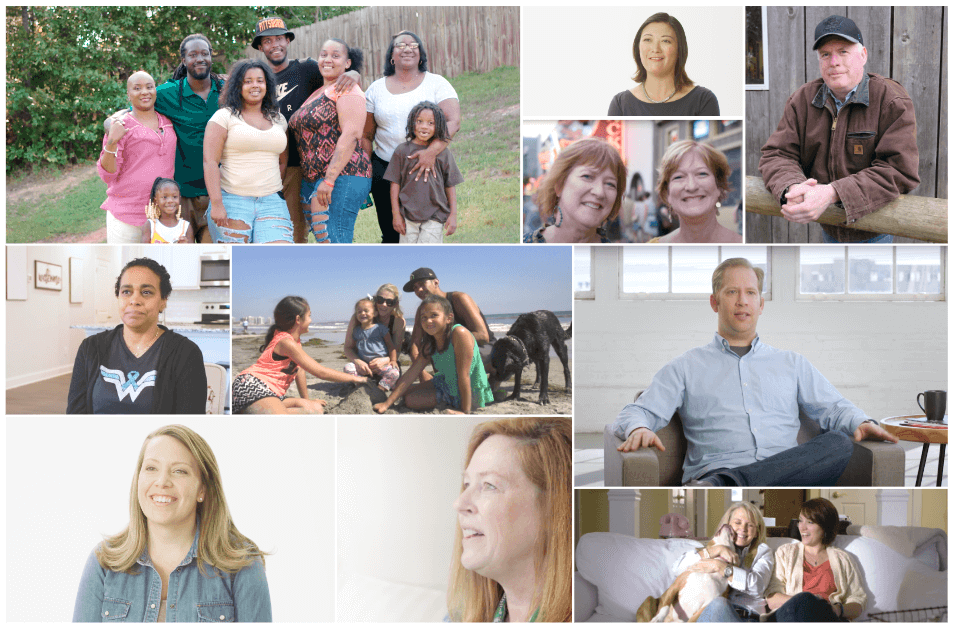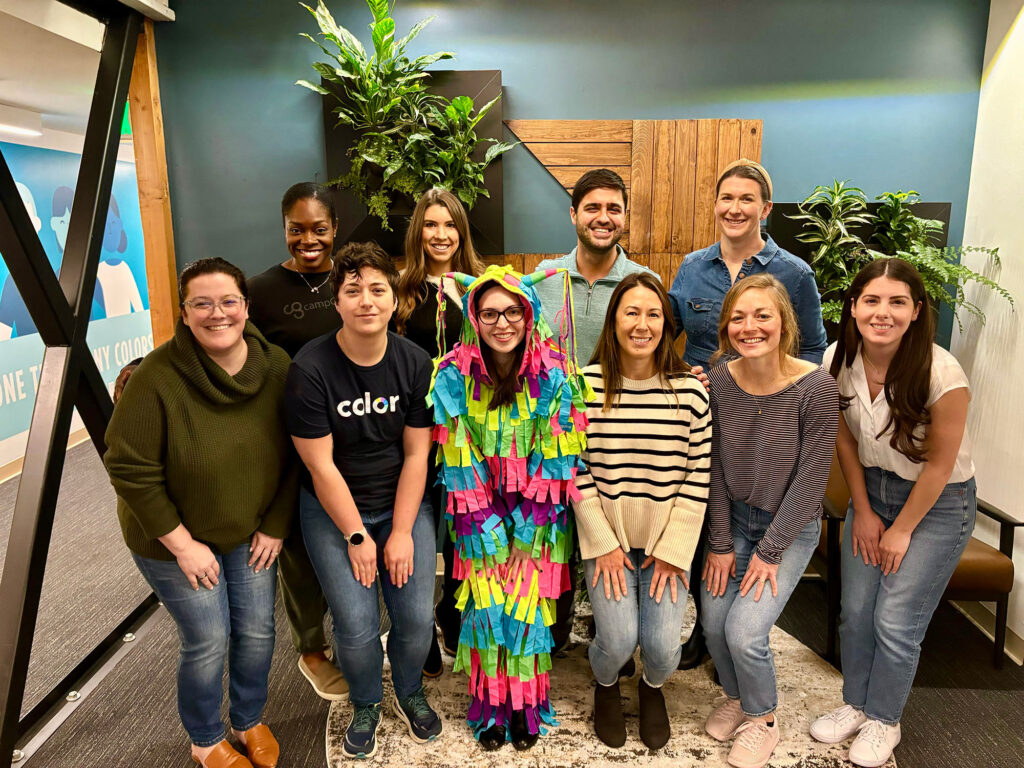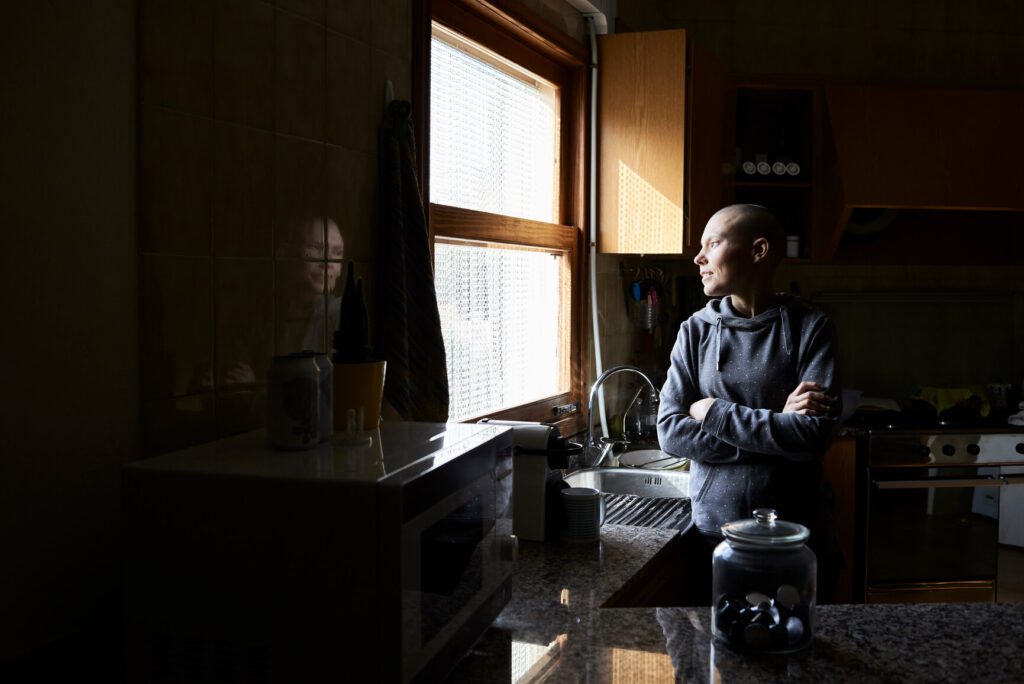News & Articles
Marlo Longstreet shares her family’s experience with a seemingly insignificant family history of cancer.
Rubbee Myggen
“It’s scary to know but the unknown is scarier. There are things you can do to help yourself and to stay healthy.” — Marlo Longstreet
Every day, we hear powerful stories from our clients demonstrating how important affordable access to genetic testing has been to them and to their families. Many enthusiastically want to share their stories to help people learn from their experience and find comfort in the shared search for knowledge.
Today, we’re sharing Marlo Longstreet’s story.
Neither Marlo nor her ex-husband Greg had significant family history of cancer. The only exception was Greg’s mother, who had breast cancer at a relatively young age. At 10 years old, their son Tanner was diagnosed with a malignant brain tumor, a Glioblastoma, caused by a hereditary cancer gene mutation TP53. The tumor was removed, but the cancer had already spread and Tanner passed away less than a year later.
As a result of Tanner’s diagnosis, the entire family was tested for the mutation. Both Greg and Tanner’s older sister, Casey, now age 18, tested positive for the TP53 mutation.
With the determination to learn from Tanner’s experience and to keep her daughter healthy, Marlo’s family launched the Tanner Project Foundation. The Foundation works with the J. Craig Venter Institute to develop new ways to monitor individuals who are predisposed to cancer for very early signs of the disease.
You can find more stories like Marlo’s here. We’d love to hear from you as well. Send us a message at support@color.com if you’d like to share your story.



